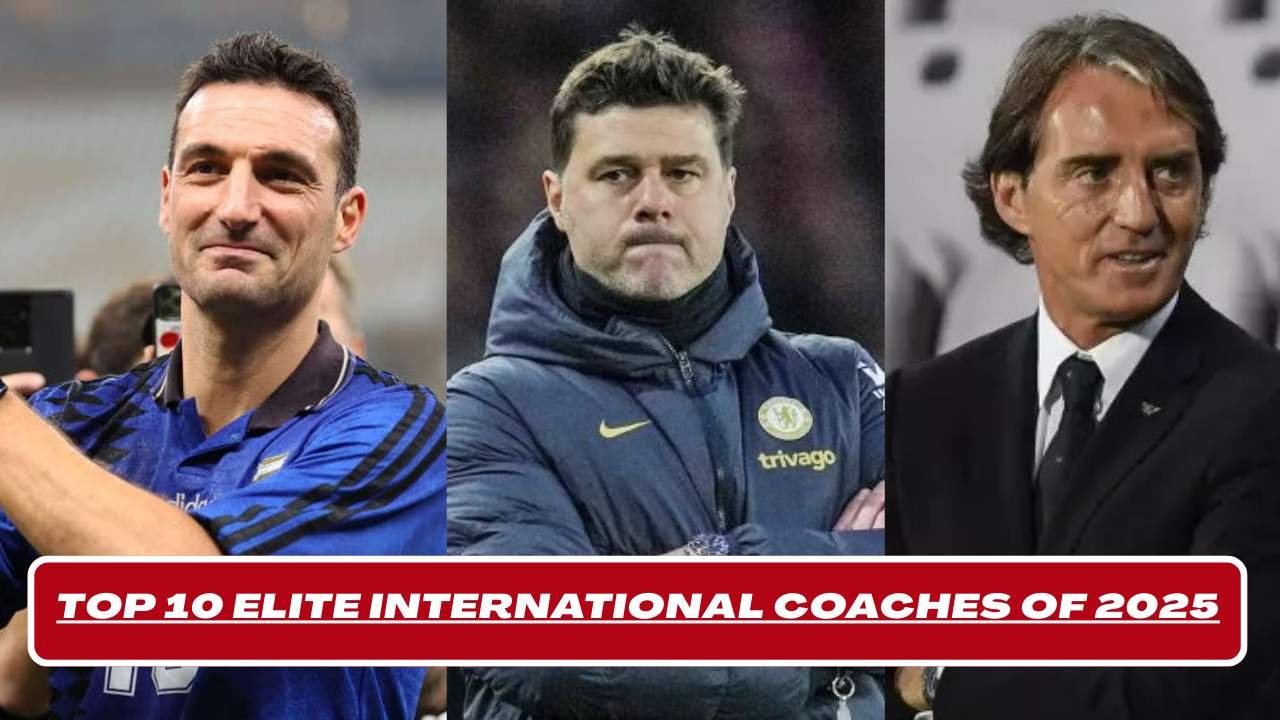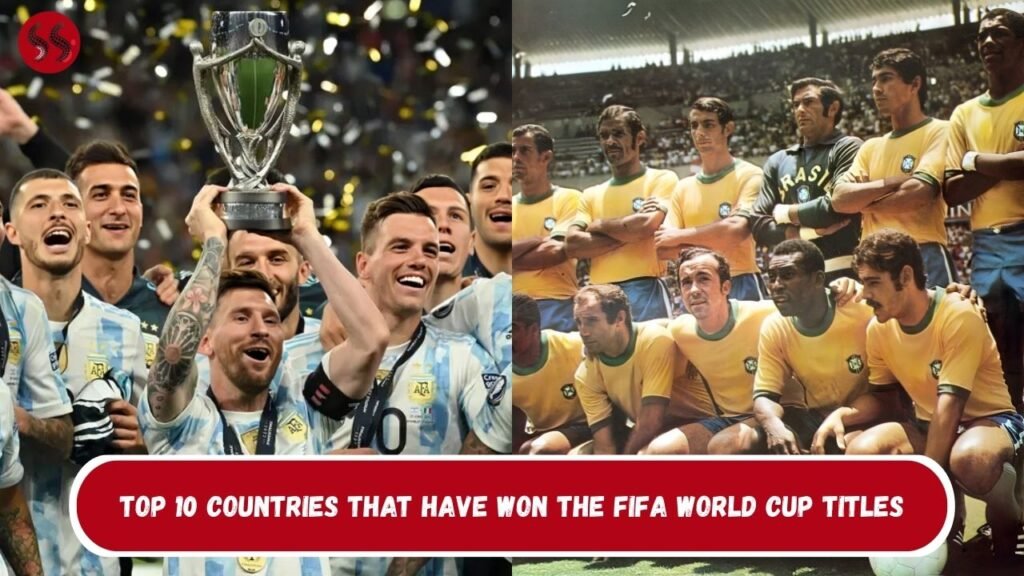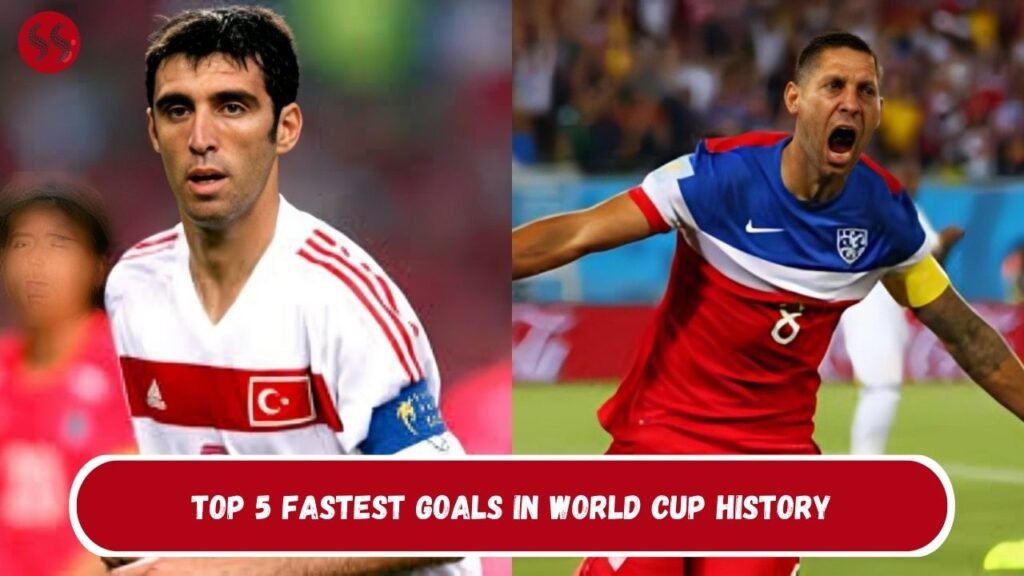Top 10 Elite International Coaches of 2025 takes you on a journey through the world of football’s most respected leaders who are shaping the global game. In 2025, international football has become more competitive than ever, and these coaches are not just guiding teams but also redefining how success is achieved at the national level. From veteran tacticians with decades of experience to younger managers bringing modern strategies, this list showcases the names who stand out above the rest.
Each coach featured here has earned their place by combining leadership, tactical innovation, and the ability to inspire players on the biggest stage. Some have lifted World Cups and continental trophies, while others are building new footballing identities for their nations. What unites them all is their impact on the game—turning squads into powerful units capable of challenging the best.
This article reveals why these managers are considered the elite in 2025, highlighting their achievements, philosophies, and the influence they bring to international football. Whether it’s guiding underdogs to historic victories or maintaining dominance for traditional powerhouses, these coaches represent the very best in world football. Discover who makes the list and why they stand above the rest.
10. Ronald Koeman (Netherlands)
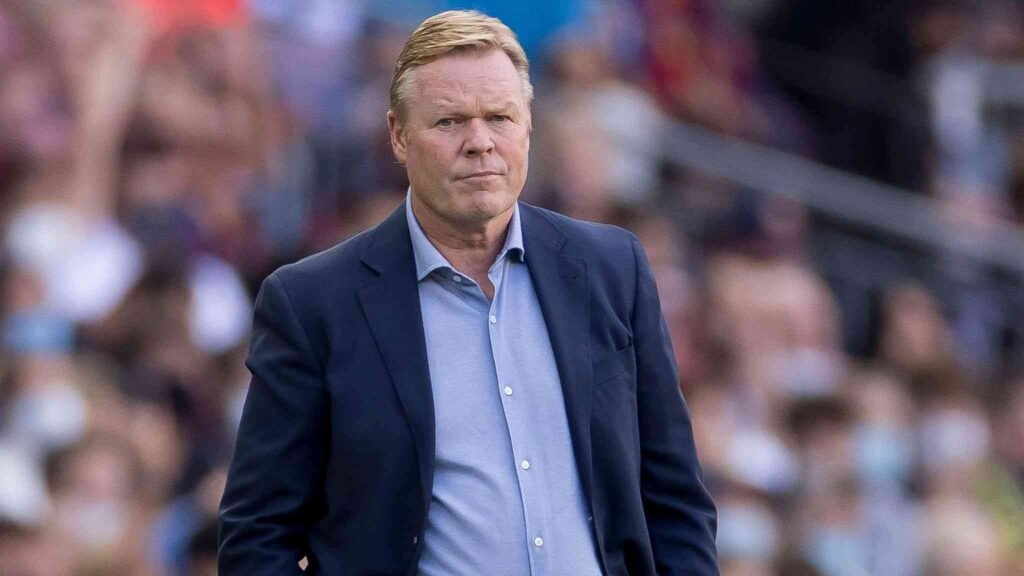
Ronald Koeman returned to manage the Netherlands for his second spell in 2023, bringing a wealth of experience and leadership. Tasked with guiding the Oranje toward World Cup success, Koeman combines tactical knowledge with an understanding of Dutch football culture. His appointment reflects the trust placed in his ability to rebuild a squad in transition while maintaining competitive performance at the international level.
At 62, Koeman has extensive experience both as a player and manager, having led top clubs like Barcelona and managed national teams before. His style focuses on organized defense, quick transitions, and encouraging attacking players to express themselves, which suits the Oranje’s traditional approach to football. The Dutch team under Koeman is evolving, blending experienced stars with emerging talent, and he has been instrumental in integrating younger players into the squad for long-term success.
Koeman’s leadership goes beyond tactics; he emphasizes team unity, discipline, and professionalism. His influence is visible both on and off the pitch, ensuring the Netherlands remain competitive against Europe’s strongest sides. Fans and analysts view his return as a strategic move to stabilize Dutch football while aiming for major tournament glory. With his experience, Koeman is determined to deliver results that match the nation’s expectations. His vision, leadership, and tactical expertise continue to define the Oranje’s progress in 2025.
9. Gennaro Gattuso (Italy)
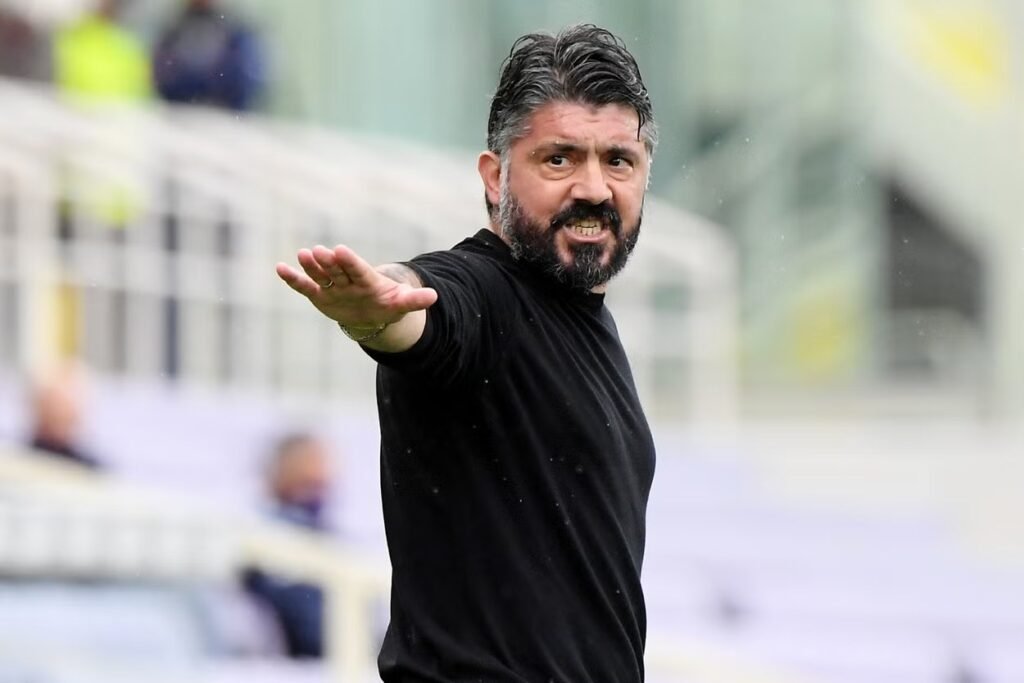
Gennaro Gattuso, a former midfield enforcer, now manages Italy with passion and intensity. Known for his fiery personality and commitment, Gattuso brings energy and discipline to the Azzurri, guiding a squad that blends veteran experience with emerging talent. His leadership style emphasizes hard work, tactical organization, and mental toughness.
Italy under Gattuso focuses on defensive solidity, pressing opponents aggressively, and creating opportunities through quick counter-attacks. He encourages players to show commitment and fight for every ball, reflecting his own career-long ethos. Gattuso also prioritizes mentoring young talents, giving them confidence to thrive in high-pressure situations while maintaining team cohesion.
Off the pitch, Gattuso inspires respect and loyalty. His direct communication, motivational approach, and strong presence help maintain focus and professionalism in the squad. Italy’s recent performances demonstrate improvement in consistency and competitiveness under his guidance, positioning the national team as a strong contender for future tournaments.
In 2025, Gattuso has established himself as one of the elite international coaches. His blend of tactical acumen, leadership, and relentless work ethic ensures Italy competes at the highest level, while his passion continues to energize players and fans alike.
8. Roberto Mancini (Italy)
Roberto Mancini has returned to lead Italy, bringing experience, tactical intelligence, and calm leadership to the Azzurri. Mancini is known for his ability to rebuild squads, combining emerging stars with seasoned players to create balanced, competitive teams. His approach emphasizes possession-based football, structured defense, and creative attacking play.
Under Mancini, Italy has regained stability and identity, blending technical skill with tactical discipline. His strategies encourage midfield control, coordinated attacking movements, and defensive organization. Mancini also fosters leadership within the squad, motivating players to perform at their best while instilling confidence and resilience.
Beyond tactics, Mancini’s influence extends to player development and squad harmony. He ensures that younger players are nurtured while experienced professionals provide guidance, creating a balanced team environment. Italy’s improved performances in qualifiers and friendlies reflect his structured approach and clear footballing philosophy.
In 2025, Mancini remains a respected figure in international football. His vision, tactical expertise, and leadership make Italy competitive on the global stage, with ambitions to challenge for major trophies. Mancini’s blend of calm authority, strategy, and experience positions him as one of the elite international coaches today.
7. Marcelo Bielsa (Uruguay)
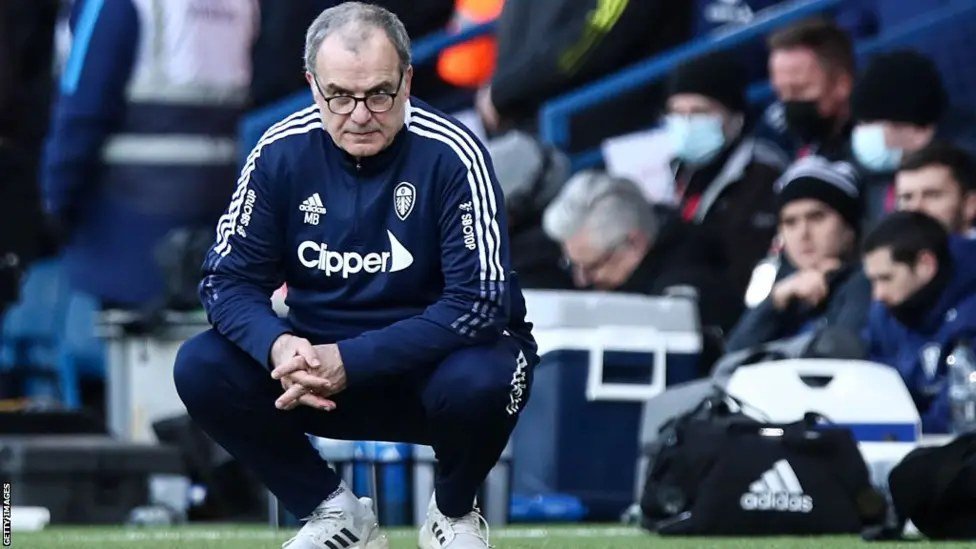
Marcelo Bielsa, famously nicknamed “El Loco,” is one of football’s most respected and innovative managers. Now leading Uruguay, Bielsa has brought a fresh, energetic approach to a team looking to regain its competitive edge in South America. Known for his intense tactics and meticulous planning, he has transformed Uruguay into a well-organized side capable of challenging stronger opponents in international tournaments.
Under Bielsa, Uruguay achieved third place in the 2024 Copa América, demonstrating his ability to maximize the potential of his squad. His coaching philosophy emphasizes high pressing, tactical discipline, and attacking creativity, encouraging players to take initiative while maintaining defensive solidity. Bielsa also focuses on player development, ensuring young talent gains exposure to top-level international football.
Beyond tactics, Bielsa’s leadership instills confidence and determination in his players. His meticulous preparation for every match and deep understanding of the game have earned him respect from players and fans alike. Uruguay now plays with a clear identity, reflecting Bielsa’s vision and philosophy. His experience and relentless dedication make him a standout among elite international coaches. In 2025, Bielsa’s impact is evident, as Uruguay competes with intensity and intelligence, proving the value of having a manager who blends innovation, discipline, and inspiration.
6. Julian Nagelsmann (Germany)
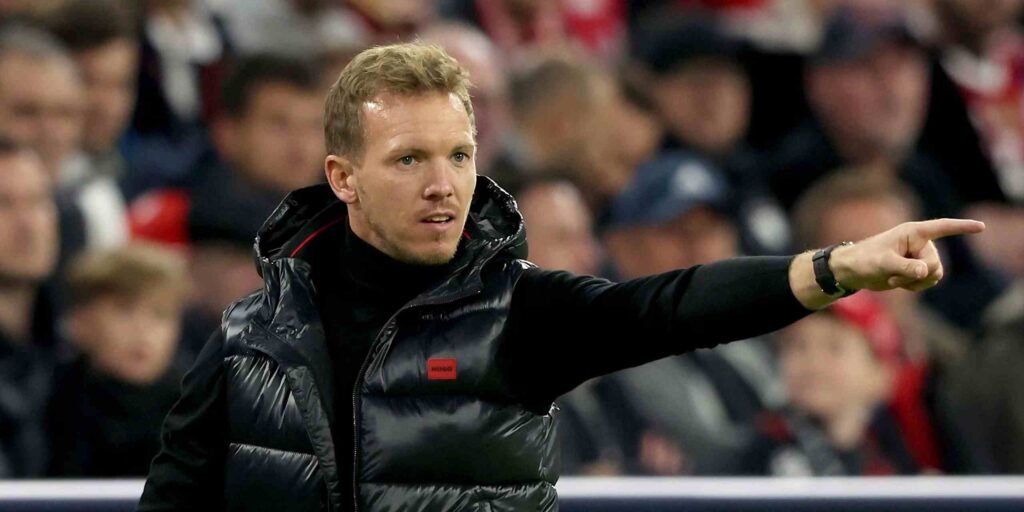
At just 37, Julian Nagelsmann is the youngest manager on this list, but his reputation in international football is already formidable. Tasked with rebuilding Germany ahead of the 2026 World Cup, Nagelsmann brings fresh energy, modern tactics, and innovative strategies to a team in transition.
Germany under Nagelsmann focuses on high-tempo attacking play, tactical versatility, and disciplined defending. He encourages creativity while ensuring players adhere to strict positional and team responsibilities. His approach balances the integration of young talent with the experience of seasoned professionals, creating a competitive and balanced squad capable of challenging top opponents.
Nagelsmann’s leadership goes beyond tactics. He emphasizes motivation, unity, and mental resilience, ensuring players remain confident under pressure. His progressive style has already influenced Germany’s playing philosophy, blending tradition with modernity. As the 2026 World Cup approaches, Nagelsmann’s task is to ensure Germany is prepared to compete for the title. His intelligence, vision, and energy make him one of the most exciting elite international coaches in 2025, representing a new generation of football management.
Also Read:
- Top 10 Highest-Earning International Coaches in 2025
- Top 10 Most Creative Footballers in 2025
- Top 10 Players with the Best Vision in 2025
- Top 10 Best International Center-Back Partnerships in 2025
5. Roberto Martínez (Portugal)
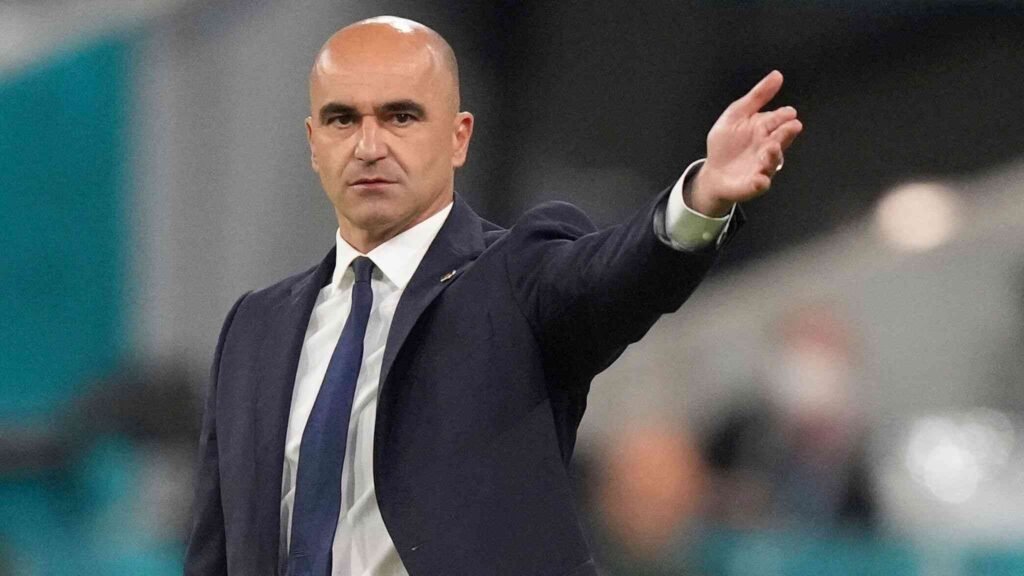
Roberto Martínez, the Spanish tactician now leading Portugal, has revitalized the team with a perfect mix of youth and experience. Since taking charge in 2023, Martínez has guided Portugal to Nations League success while nurturing emerging stars, establishing the team as a major force in international football.
Martínez focuses on attacking fluidity and tactical flexibility, allowing Portugal to dominate possession and create scoring opportunities. His strategic planning emphasizes adaptability, preparing the squad to face different styles and strengths. This approach has led to consistent victories and improved confidence among players.
Off the pitch, Martínez excels in player management. He inspires belief, fosters teamwork, and ensures the squad remains motivated throughout long campaigns. His ability to balance pressure and opportunity has made Portugal competitive against Europe’s elite teams. With the 2026 World Cup on the horizon, Martínez is tasked with consolidating Portugal’s growth and pushing them toward international glory. His tactical intelligence, leadership, and innovative methods make him one of the top elite coaches in 2025, transforming Portugal into a squad that blends experience, talent, and ambition seamlessly.
4. Mauricio Pochettino (United States)
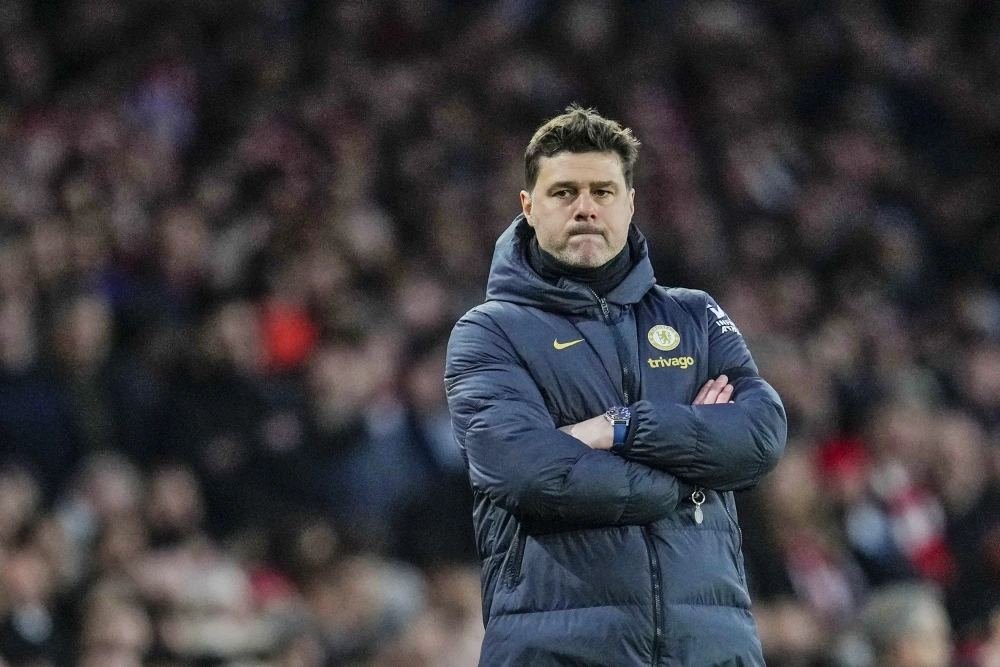
Mauricio Pochettino has taken on the bold challenge of leading the United States national team ahead of the 2026 World Cup. Known for his tactical acumen and experience managing top European clubs, Pochettino brings structure, discipline, and belief to a squad eager to establish itself on the world stage.
Under his guidance, the U.S. team is developing a clear identity, blending speed, creativity, and tactical awareness. Pochettino emphasizes cohesion, ensuring players work collectively while also showcasing individual talents. His approach includes developing young prospects, giving them confidence to perform alongside established stars.
Beyond strategy, Pochettino’s leadership inspires belief in both players and fans. He encourages resilience, focus, and professionalism, which is vital for a team preparing to host the World Cup. His influence is already visible in improved performances and a growing sense of unity. In 2025, Pochettino is proving that with determination, tactical intelligence, and strong leadership, the U.S. can aim for success at the highest level. He has positioned himself as one of the elite international coaches shaping the future of football.
3. Lionel Scaloni (Argentina)
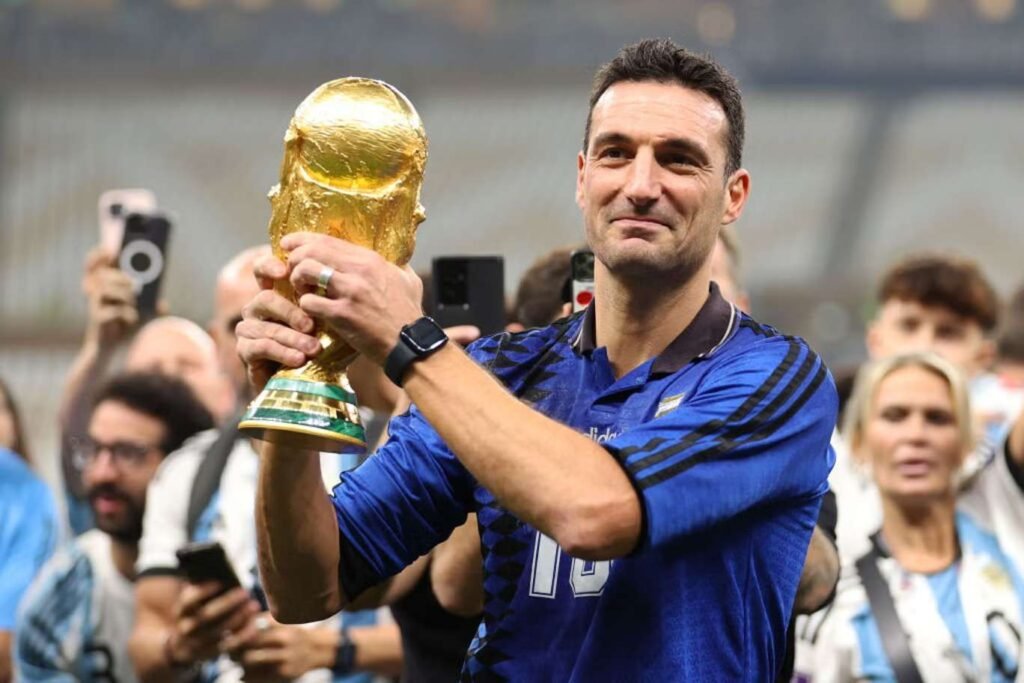
Lionel Scaloni continues to lead Argentina with impressive success, building on the nation’s strong footballing legacy. Under his guidance, Argentina has maintained its reputation as one of the world’s elite football teams. Scaloni’s approach combines tactical flexibility with a deep understanding of Argentine football culture, ensuring his squad balances creativity with discipline.
Scaloni is praised for his ability to manage world-class stars alongside emerging talent. He creates a cohesive team environment where experienced players guide the younger generation, preparing Argentina for both immediate and long-term success. His strategies focus on quick transitions, attacking fluidity, and compact defending, allowing Argentina to dominate possession while remaining defensively solid.
Beyond tactics, Scaloni emphasizes leadership, unity, and mental resilience. He inspires belief in his players, ensuring they perform under pressure in crucial international competitions. Argentina’s recent performances in World Cup qualifiers and Copa América tournaments reflect Scaloni’s tactical intelligence and man-management skills.
In 2025, Scaloni remains a key figure in international football, combining experience, insight, and vision. His leadership ensures Argentina is consistently competitive on the global stage, capable of challenging for major trophies while fostering the next generation of footballing talent. Scaloni’s influence extends beyond the pitch, cementing his reputation as one of the top international coaches today.
2. Thomas Tuchel (England)
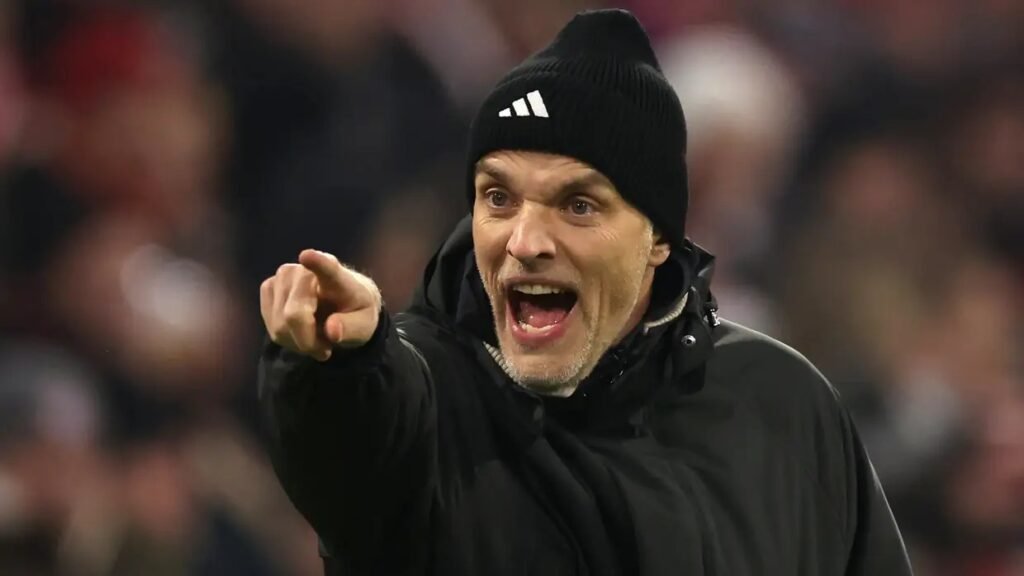
Thomas Tuchel recently took over as England’s manager, bringing a fresh approach and tactical intelligence to the Three Lions. Known for his success at clubs like Chelsea and Paris Saint-Germain, Tuchel combines modern strategies with meticulous preparation. His appointment reflects England’s ambition to end decades of near-misses at major tournaments and finally claim international glory.
Tuchel emphasizes tactical flexibility, strong defensive organization, and quick attacking transitions. He encourages players to express themselves creatively within a structured system, ensuring balance across the pitch. Under his leadership, England has already shown signs of improvement, winning early matches convincingly while integrating emerging talents with experienced stars.
Beyond tactics, Tuchel excels in man-management. He motivates players, fosters teamwork, and instills a winning mentality that helps the squad perform under pressure. His analytical approach allows him to adapt strategies for every opponent, making England competitive against the world’s best.
With the 2026 World Cup approaching, Tuchel faces the challenge of maintaining consistency and guiding England to success on home soil. His experience in knockout competitions, attention to detail, and innovative methods make him one of the top elite coaches in 2025. Tuchel’s combination of strategy, leadership, and vision positions England as genuine contenders, proving that his influence extends far beyond individual matches to shaping the nation’s footballing future.
1. Carlo Ancelotti (Brazil)
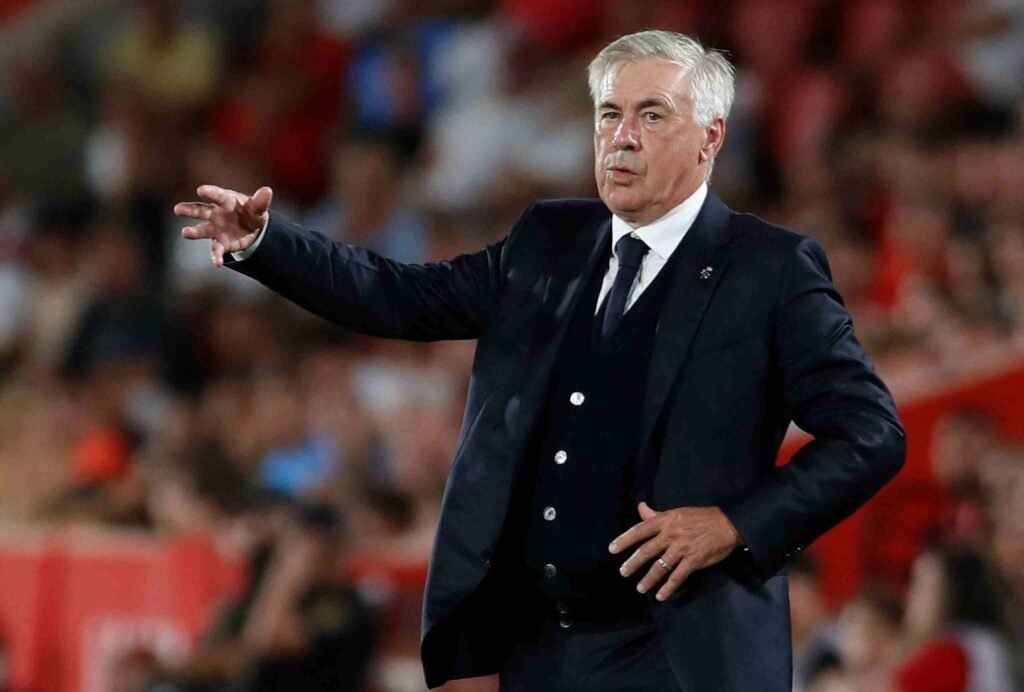
Carlo Ancelotti, the legendary Italian coach, now leads Brazil, making him the highest-profile international manager in 2025. Known for his calm demeanor, tactical brilliance, and extensive success at top European clubs, Ancelotti brings unmatched experience to the Seleção. His appointment signals Brazil’s intent to reclaim World Cup glory and maintain its status as a global football powerhouse.
Ancelotti emphasizes balance, flexibility, and adaptability in his squads. He blends defensive stability with attacking creativity, allowing players to shine individually while maintaining team cohesion. His ability to manage world-class stars while integrating emerging talent ensures Brazil is both competitive and dynamic.
Off the pitch, Ancelotti is admired for his leadership and man-management skills. He motivates players, builds confidence, and fosters a culture of professionalism and unity. His calm presence helps the team handle high-pressure situations, essential for World Cup preparation.
With the 2026 World Cup in sight, Ancelotti is focused on delivering results while nurturing a squad capable of sustaining long-term success. In 2025, he stands as the epitome of elite international coaching, combining experience, tactical intelligence, and leadership. His vision and authority make him the benchmark for managers worldwide, and Brazil’s pursuit of football glory rests firmly in his hands.
FAQ’s:
Who is the highest-profile international coach in 2025?
Carlo Ancelotti, managing Brazil, is the most high-profile coach in 2025. With vast experience and a record of success, he leads Brazil toward the 2026 World Cup.
Which young coach is making a big impact in international football in 2025?
Julian Nagelsmann, aged 37, is one of the youngest elite coaches. Managing Germany, he brings modern tactics and energy while preparing the squad for the 2026 World Cup.
How have coaches like Marcelo Bielsa and Fernando Batista influenced their teams?
Bielsa and Batista have transformed Uruguay and Venezuela, respectively, by introducing tactical discipline, high pressing, and strong team identity, improving performance in major competitions.
